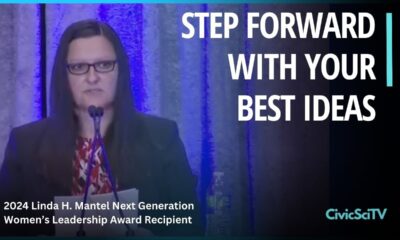Stories in Science Special Series
Surviving as an underrepresented minority scientist

by Stories in Science Team
<> In case you missed this article, songbird neurobiologist Dr. Erich Jarvis of The Rockefeller University was the recipient of the 2015 Ernest Everett Just Award from the American Society for Cell Biology. He wrote a powerful essay where he describes his journey in science and shares the lessons that allowed him to survive as an underrepresented minority scientist.
Here is the abstract:
“I believe the evidence will show that the science we conduct and discoveries we make are influenced by our cultural experience, whether they be positive, negative, or neutral. I grew up as a person of color in the United States of America, faced with challenges that many had as members of an underrepresented minority group. I write here about some of the lessons I have learned that have allowed me to survive as an underrepresented minority scientist in a majority environment.” Erich Jarvis
Click HERE to read the full article.
Click HERE to learn more about Professor Jarvis.
Click HERE to learn more about Professor Jarvis’ research.
Featured image titled “The Voice” is by Andy Morffew from Flickr | Some rights reserved
The CS Media Lab is a Boston-anchored civic science news collective with local, national and global coverage on TV, digital print, and radio through CivicSciTV, CivicSciTimes, and CivicSciRadio. Programs include Questions of the Day, Changemakers, QuickTake, Consider This Next, Stories in Science, Sai Resident Collective and more.

-
 Audio Studio1 month ago
Audio Studio1 month ago“Reading it opened up a whole new world.” Kim Steele on building her company ‘Documentaries Don’t Work’
-
Civic Science Observer1 week ago
‘Science policy’ Google searches spiked in 2025. What does that mean?
-
Civic Science Observer1 month ago
Our developing civic science photojournalism experiment: Photos from 2025
-
Civic Science Observer1 month ago
Together again: Day 1 of the 2025 ASTC conference in black and white
Contact
Menu
Designed with WordPress
























